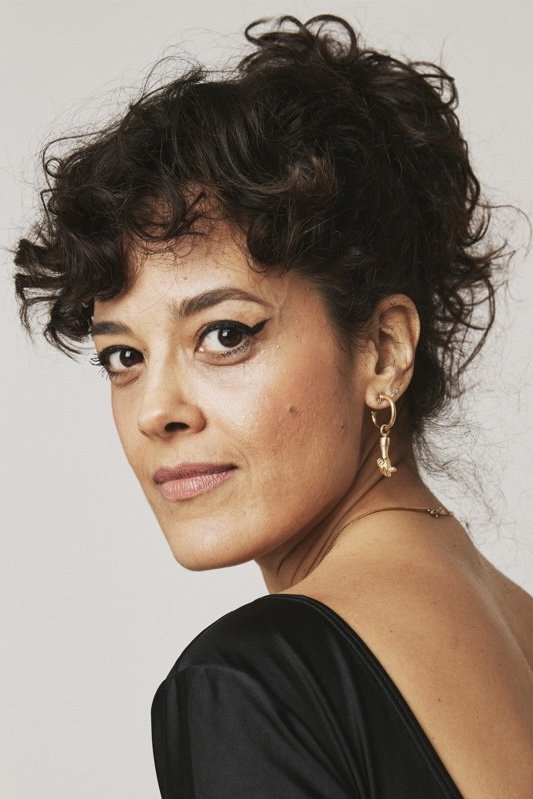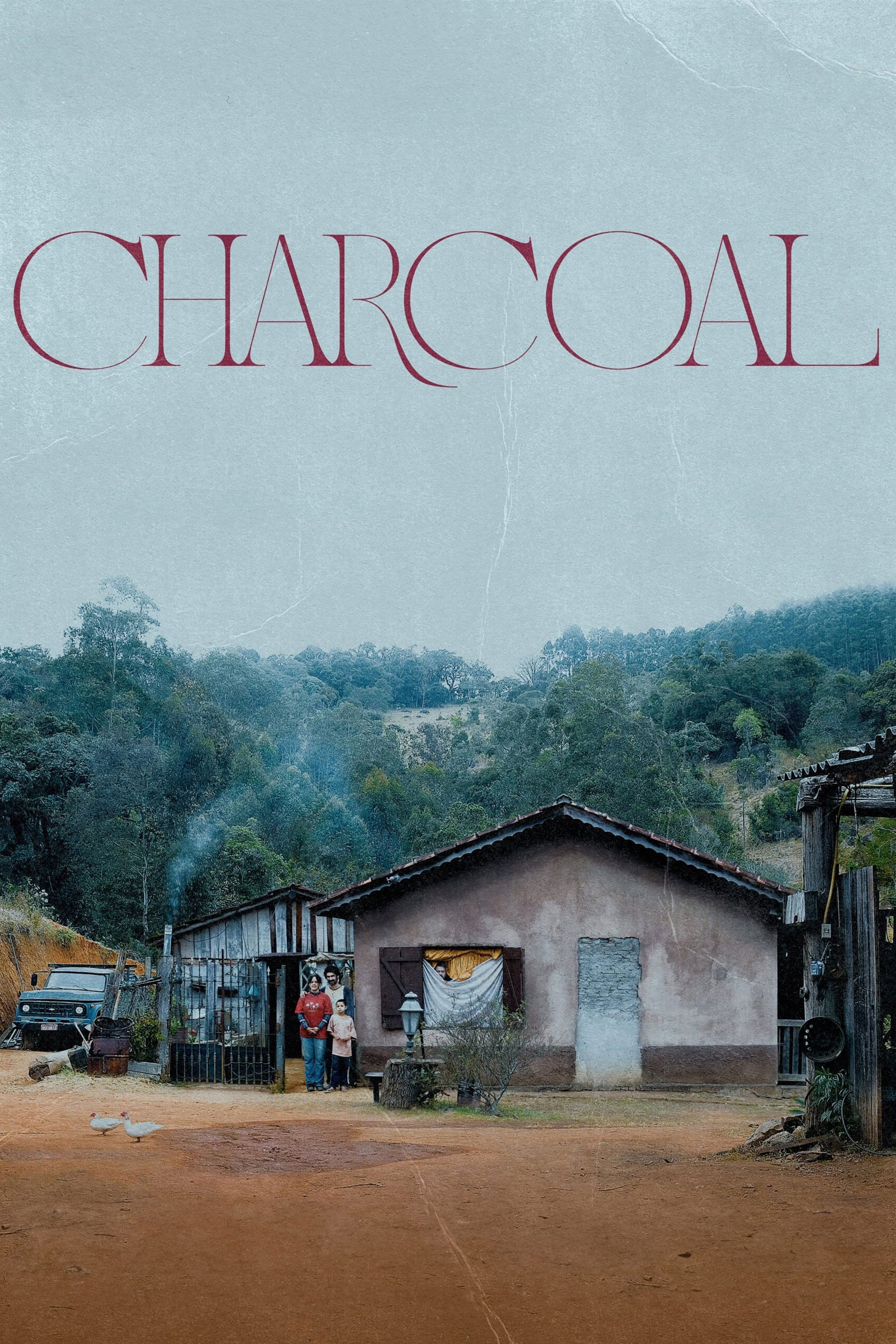

The story of a mother and daughter with opposing views on the path to success in life takes the audience on a contemporary journey about character, ethics and honesty.

In 1971, military dictatorship in Brazil reaches its height. The Paiva family — Rubens, Eunice, and their five children — live in a beachside house in Rio, open to all their friends. One day, Rubens is taken for questioning and does not return.

Summer 1996, north-east coast of Brazil. Tamara is enjoying her last weeks at the fishing village she lives in before departing to Brasilia for her studies. One day, she hears about a teenager nicknamed Heartless after a scar she has on her chest. Over the course of the summer, Tamara feels a growing attraction for this mysterious girl.

The sequence of graduation of law graduates in Seu Cavalcanti helps to understand the Sergio Moro phenomenon in Brazil.

To crack the code of an investigation into a larger-than-life robbery, federal agents need to get creative.

The cinema of Pernambuco is considered one of the most complex components of Brazilian cinema, particularly for its potency and creative style. The presence of women in filmmaking seldom holds the same historical notoriety as that of men, and the Pernambuco scene is no exception. In the context of "Amor, Plástico e Barulho" (Love, Plastic, and Noise), we find a film that serves as a testament to the marginalization of women in the creative industry, intertwining themes of consumption and the production of brega music. Hence, we use "Feminino e Barulho" (Feminine and Noise) as a means to share what we've learned. Renata Pinheiro has inspired us to craft a narrative that gives voice to those who need to be heard. We are here to showcase a glimpse of them and what they represent. "Feminino e Barulho" is a short film about love, femininity, sisterhood, and empowerment.

Suellen is a toll booth attendant who starts using her job to help a gang of thieves steal watches from people driving to the coast. But only for a noble cause: to send her son to an expensive gay conversion workshop.

Downtown Recife’s classic movie palaces from the 20th century are mostly gone. That city area is now an archaeological site of sorts that reveals aspects of life in society which have been lost. And that’s just part of the story.

In the Brazilian countryside, a family straining to care for their bedridden patriarch have their lives changed when a shady nurse offers a diabolical deal: put their elder to rest and host an Argentinian drug kingpin who urgently needs a place to hide.

Duetto takes place in 1965 and tells the story of 18-year-old Cora, a Brazilian from an Italian family who, after losing her dad in a tragic car accident, goes with her grandmother Lucia to Puglia, Italy, where her ancestral homestead still stands. Lucia, aiming to sell an old family land lot, reencounters her sister Sofia and her husband Gino, whom she hasn't spoken to in 40 years.
Maeve Jinkings Melo Silva (Brasília, August 4, 1976) is a Brazilian actress. Known primarily for starring in small-scale independent films with dramatic themes, she has received several awards, including two Guarani Awards, and two Best Actress awards at the Brasília Festival, as well as receiving nominations for two Grande Otelo awards.
By browsing this website, you accept our cookies policy.